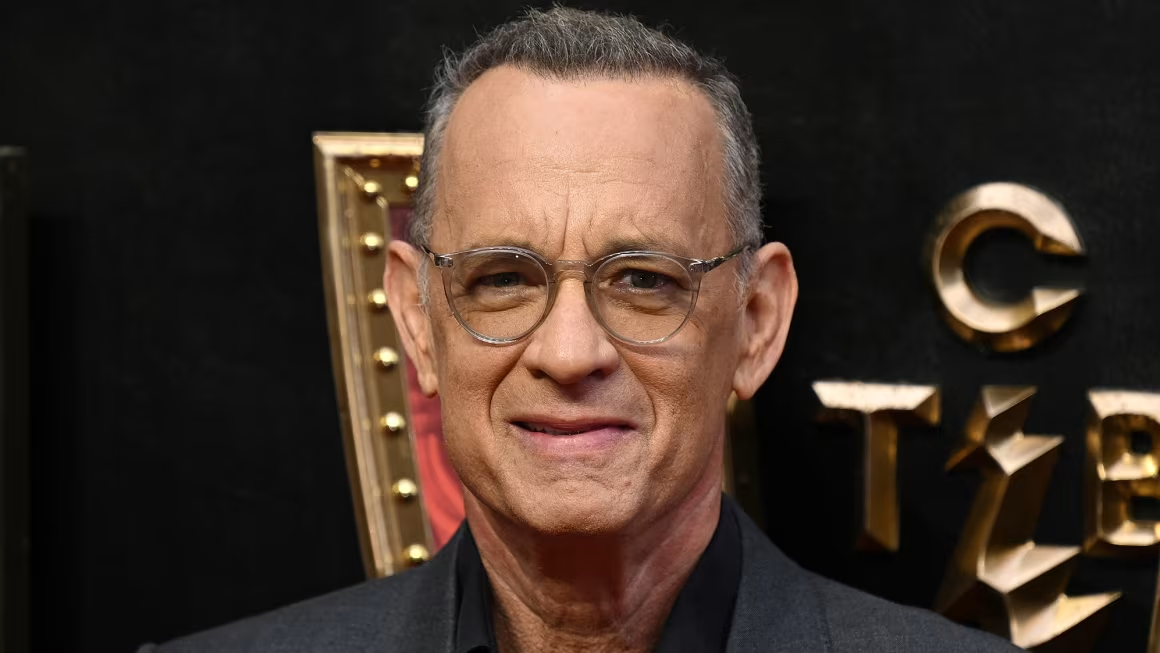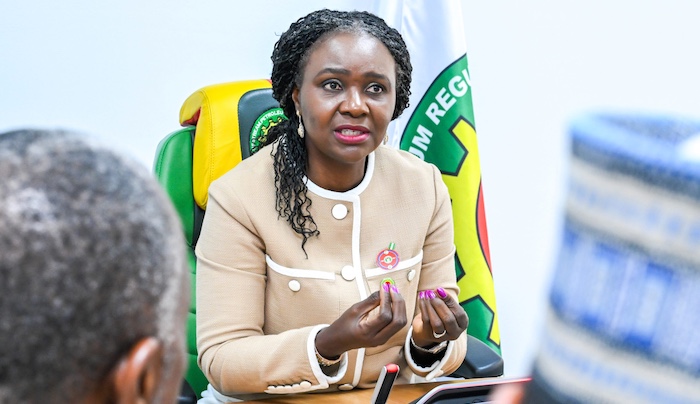
President Donald Trump on Monday celebrated the decision by West Point’s alumni group to cancel an award ceremony for actor Tom Hanks, labeling the Hollywood icon as “destructive” and “WOKE.”
Hanks had been slated to receive the prestigious 2025 Sylvanus Thayer Award on September 25, an honor historically given to Americans who exemplify the values of “Duty, Honor, Country.” But the West Point Association of Graduates abruptly called off the ceremony last week, drawing both praise and criticism across political lines.
“Important move!” Trump posted on his social media platform, Truth Social. “We don’t need destructive, WOKE recipients getting our cherished American Awards!!! Hopefully the Academy Awards, and other Fake Award Shows, will review their Standards and Practices in the name of Fairness and Justice.”
Representatives for Hanks, West Point, and the alumni association did not immediately respond to requests for comment on Monday.
The cancellation is the latest flashpoint in Trump’s broader effort to reshape America’s cultural and educational institutions, especially the military and higher education, around more conservative ideologies. If elected again, Trump has vowed to issue executive orders, cut funding, and pursue legal measures to target what he calls “woke” programs in government agencies and schools.
This summer, the Army secretary under pressure from Trump allies ordered West Point to overhaul its hiring policies and block outside groups from influencing personnel decisions. The directive even led to the removal of a Biden-era cybersecurity official recently tapped for a new role at the academy.
Earlier this year, West Point also shut down 12 student clubs centered on race, gender, and sexuality, reflecting the Trump administration’s broader dismantling of federal diversity, equity, and inclusion initiatives. In a symbolic move, the academy also rehung a portrait of Confederate General Robert E. Lee in his Southern uniform part of Trump’s push to restore controversial Confederate imagery removed in recent years.
The Sylvanus Thayer Award, named after the early 19th-century superintendent known as the “Father of West Point,” has been presented annually since 1958. Last year’s recipient was former President Barack Obama.
In June, the alumni association had celebrated Hanks as an ideal recipient. “Tom Hanks has done more for the positive portrayal of the American service member, more for the caring of the American veteran, than many other Americans,” said association board chairman Robert McDonald.
But just two months later, retired Army Col. Mark Bieger, president of the alumni association, announced the event’s cancellation. He cited a desire to keep the academy focused on its core mission: training officers to “lead, fight, and win” in what he called the “world’s most lethal force.”
The decision sparked outrage among Hanks’ supporters, who pointed to the actor’s decades-long commitment to honoring American troops.
Hanks starred in the acclaimed 1998 film Saving Private Ryan, co-produced the HBO series Band of Brothers, and has worked extensively with veterans’ organisations. His deep ties to Democratic politics, however, have made him a target on the right.
Over the years, Hanks has campaigned for Democratic candidates including Barack Obama, Hillary Clinton, and Joe Biden. He narrated a documentary for Obama’s 2012 re-election campaign, hosted Biden’s televised 2021 inauguration celebration, and co-chaired Michelle Obama’s “When We All Vote” initiative to increase voter turnout.
He has also been openly critical of Trump. In 2016, he called the then-candidate a “self-involved gasbag.” After Trump entered office, Hanks denounced the administration’s Muslim travel ban and other policies during high-profile speeches and fundraisers.
Most recently, he angered Trump supporters by playing a caricature of a MAGA follower on Saturday Night Live’s 50th anniversary special.
During a 2023 Harvard commencement speech, Hanks warned about “twisting the truth” and the dangers of political extremism, further cementing his image as a cultural voice for liberal America.
Erizia Rubyjeana



